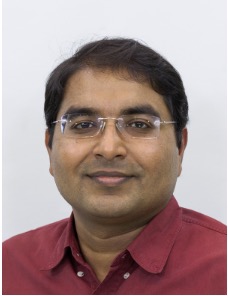Foundations for Fair Social Computing
Krishna Gummadi (Max Planck Institute for Software Systems, Germany)
07 February 2023, 17:00-18:00 | ECHO-ARENA
Abstrat
We are witnessing human-computer symbiosis at societal scale. By societal-scale symbiosis, we refer to human interactions via and with computing technologies, where humans actively provide inputs to influence computations and where computational outcomes shape individual lives and social groups. Even as computing systems are designed by humans, there are growing concerns that today’s systems fail to ensure their users’ well-being and societal welfare, disregard laws and social norms, and cannot be held to account for non-compliance with governmental regulations and stakeholder agreements. If these concerns are left unaddressed, the next generation of computing systems will be designed around the wants of a few rather than the welfare of the many and the systems may impact our individual and social lives in ways that are unpredictable, unintended or even undesired. In this talk, I will discuss some of our attempts to tackle the challenges with operationalising and mitigating bias and unfairness in today's Internet-scale socio-technical systems, while maintaining their innovative potential.

This talk has been recorded and uploaded on our YouTube channel. We are really sorry that deal to the technical issue, the recording didn't have sound for this talk.